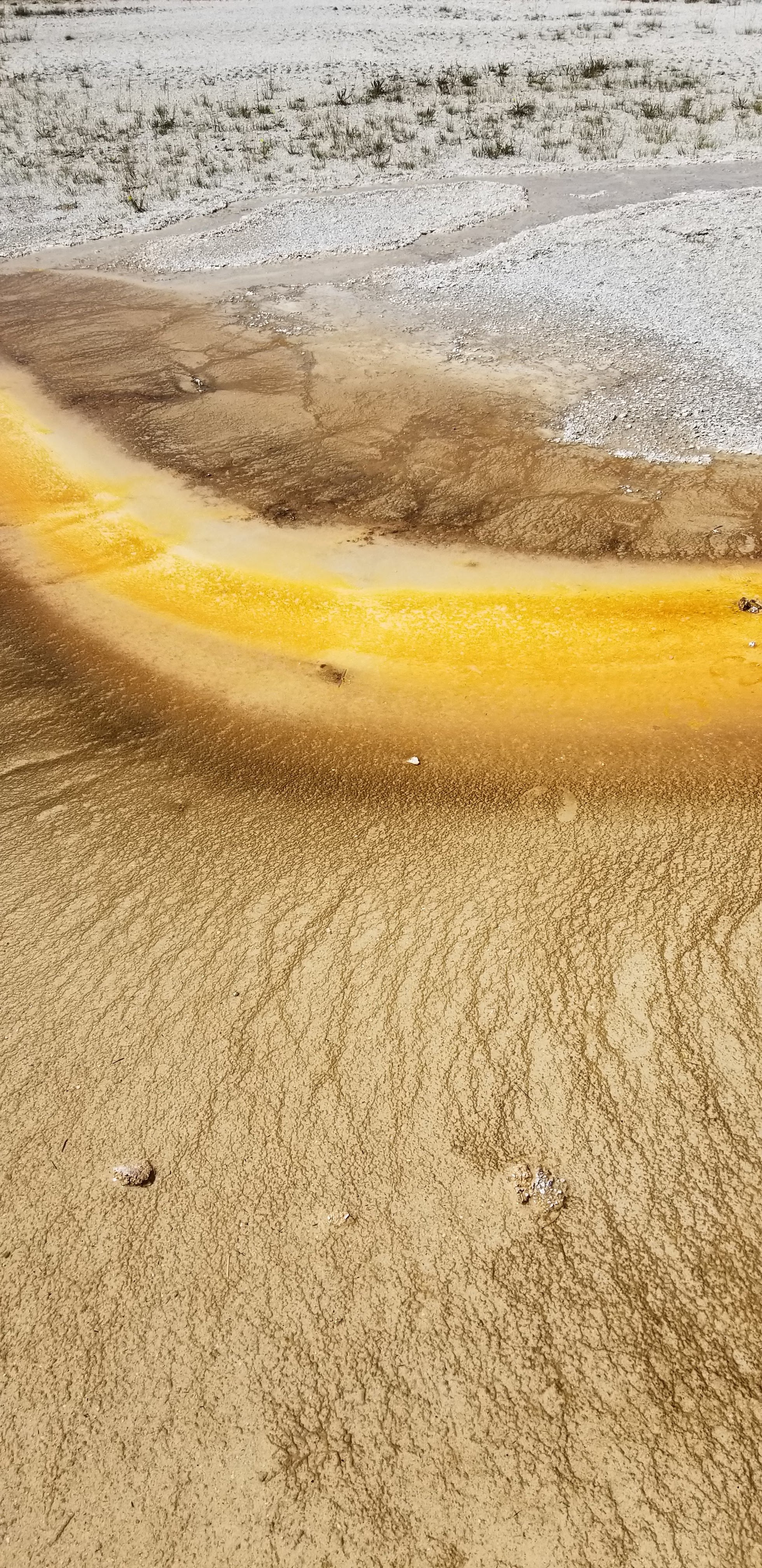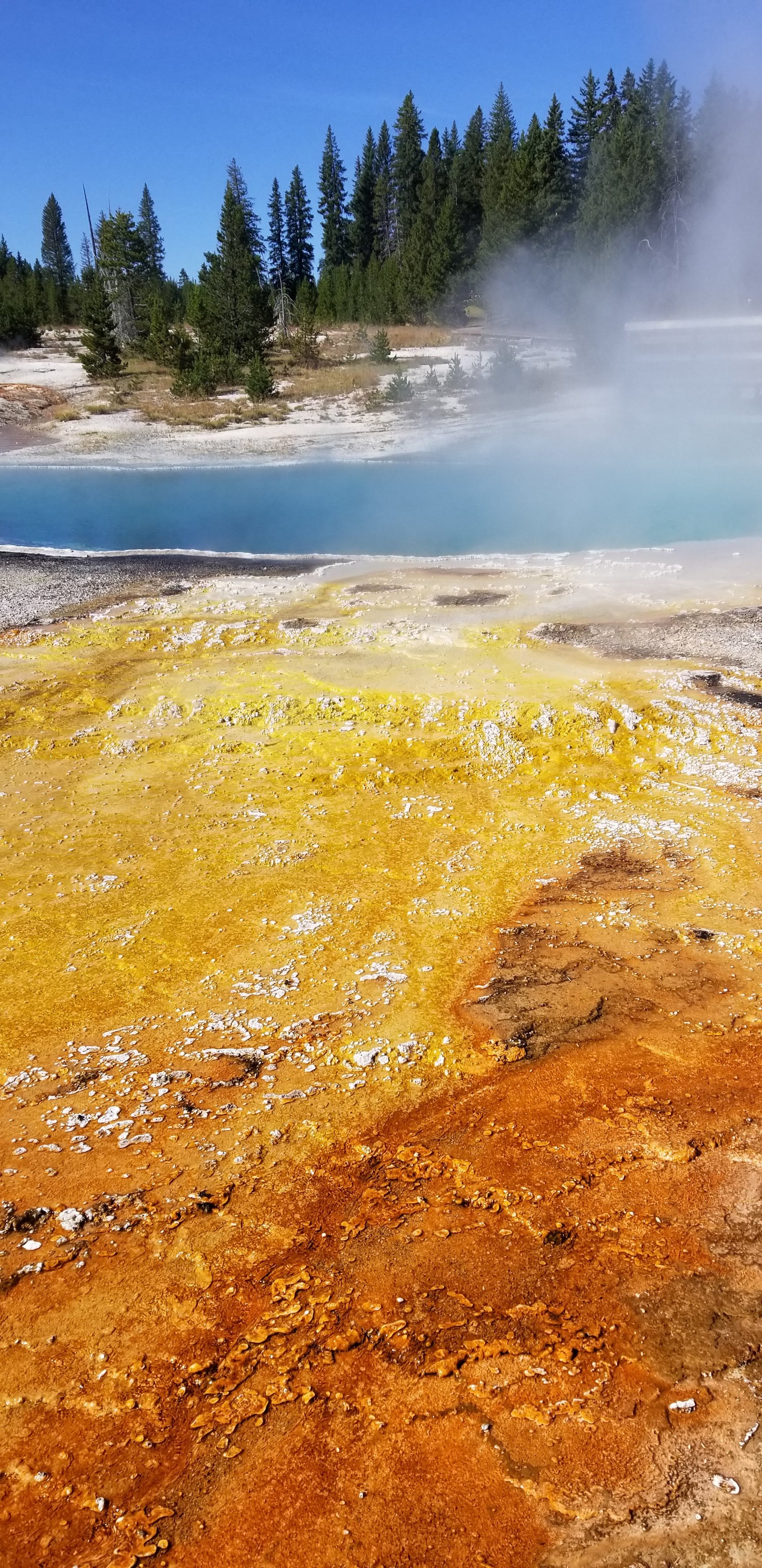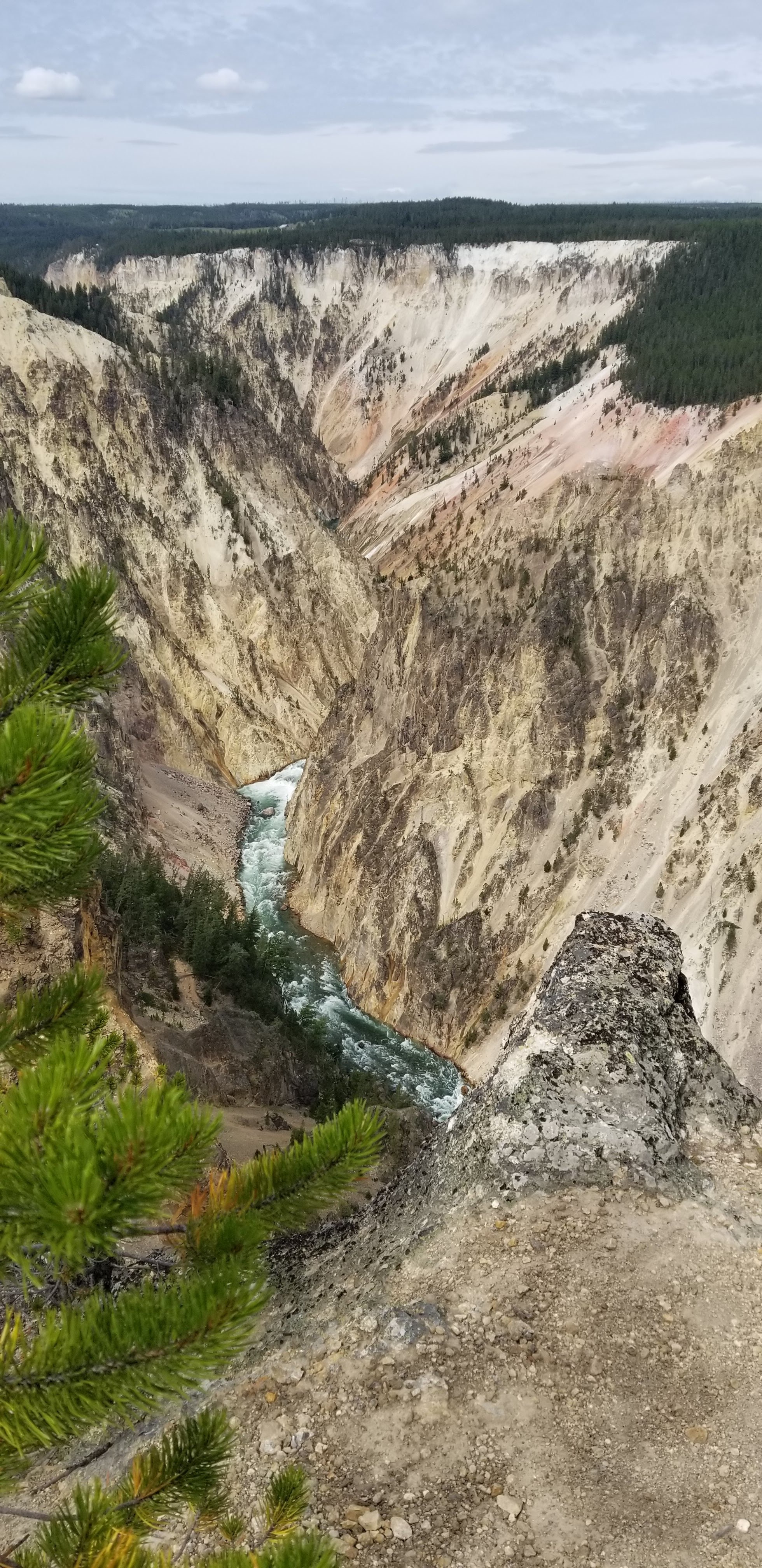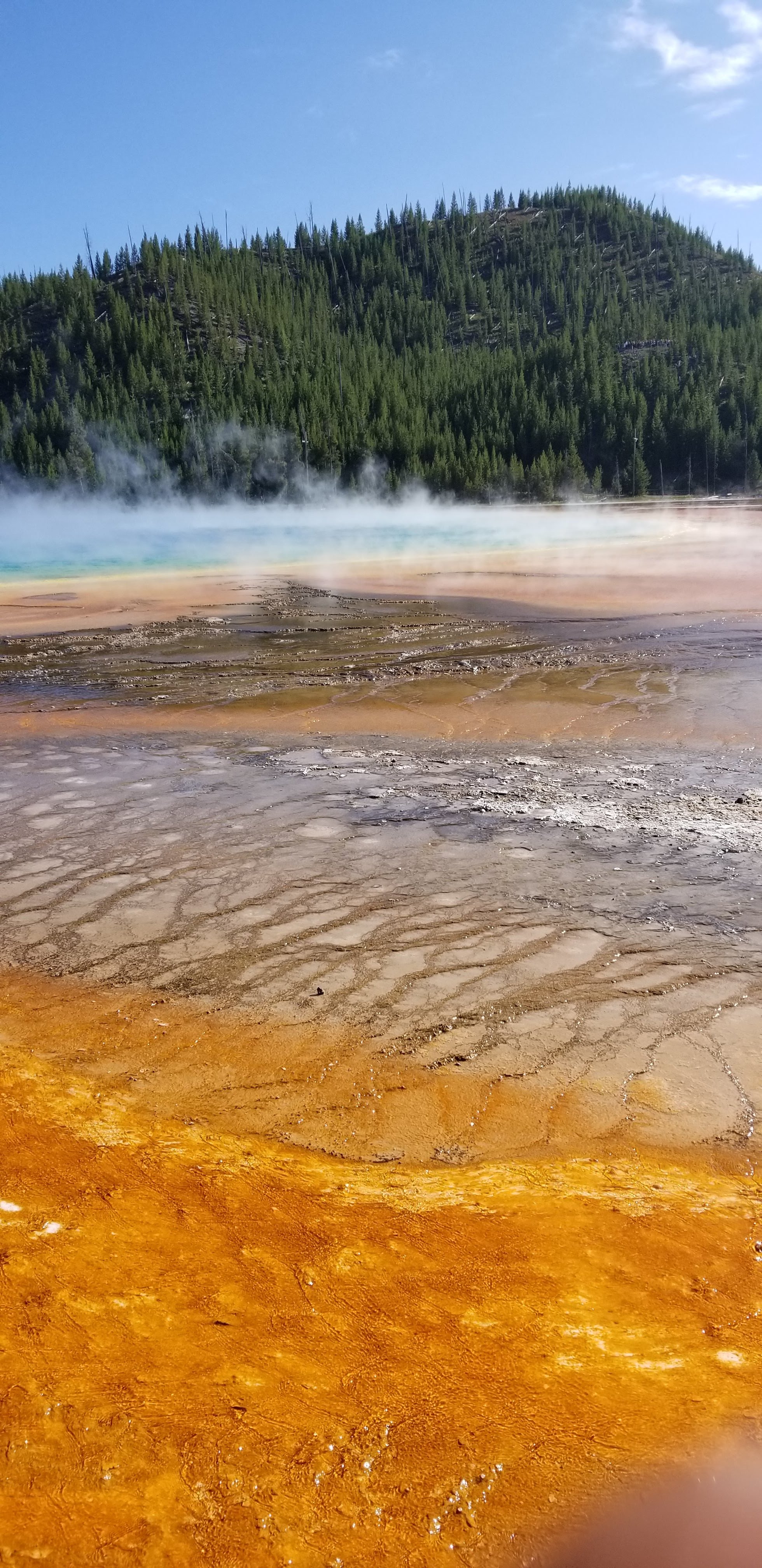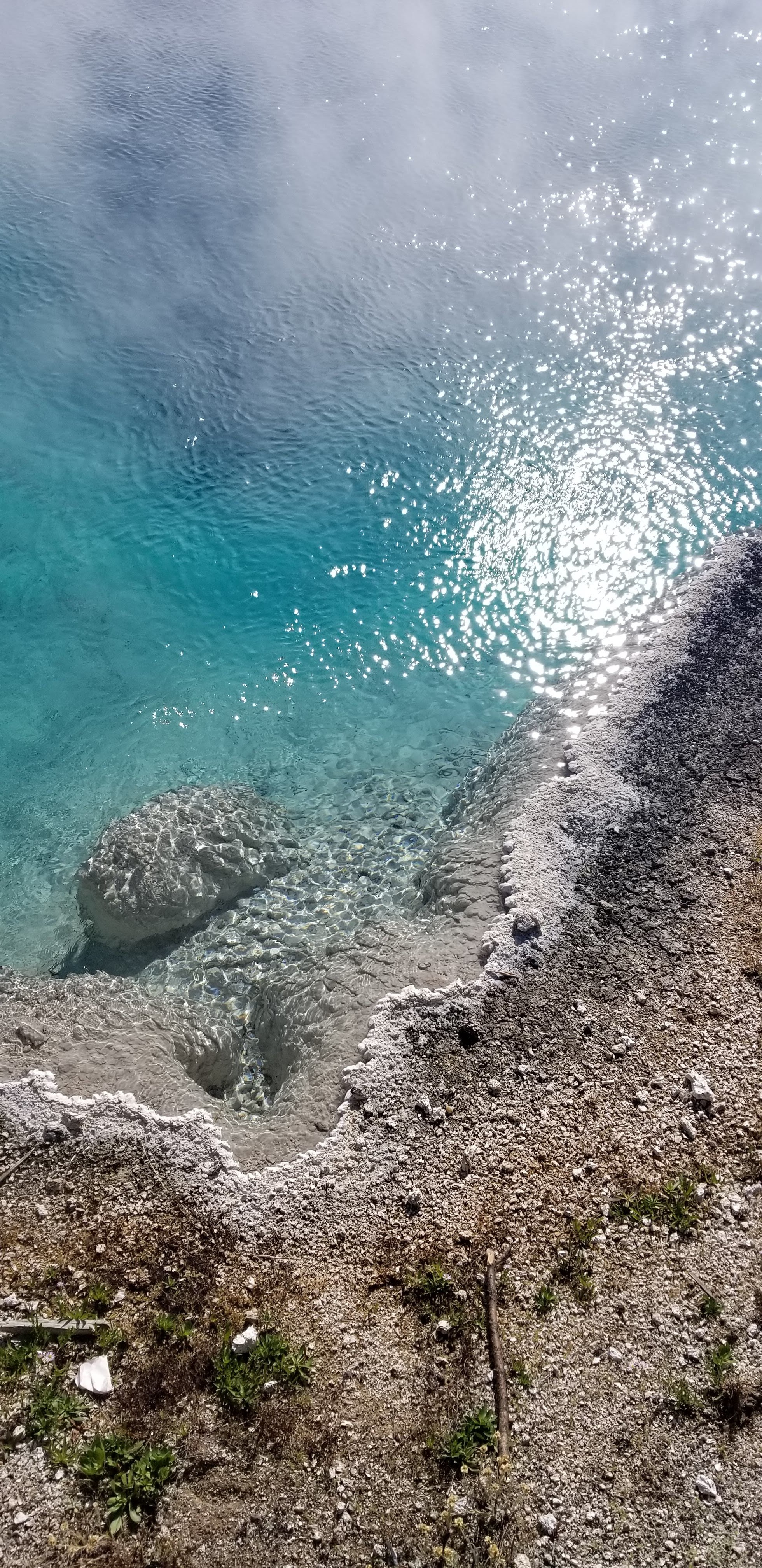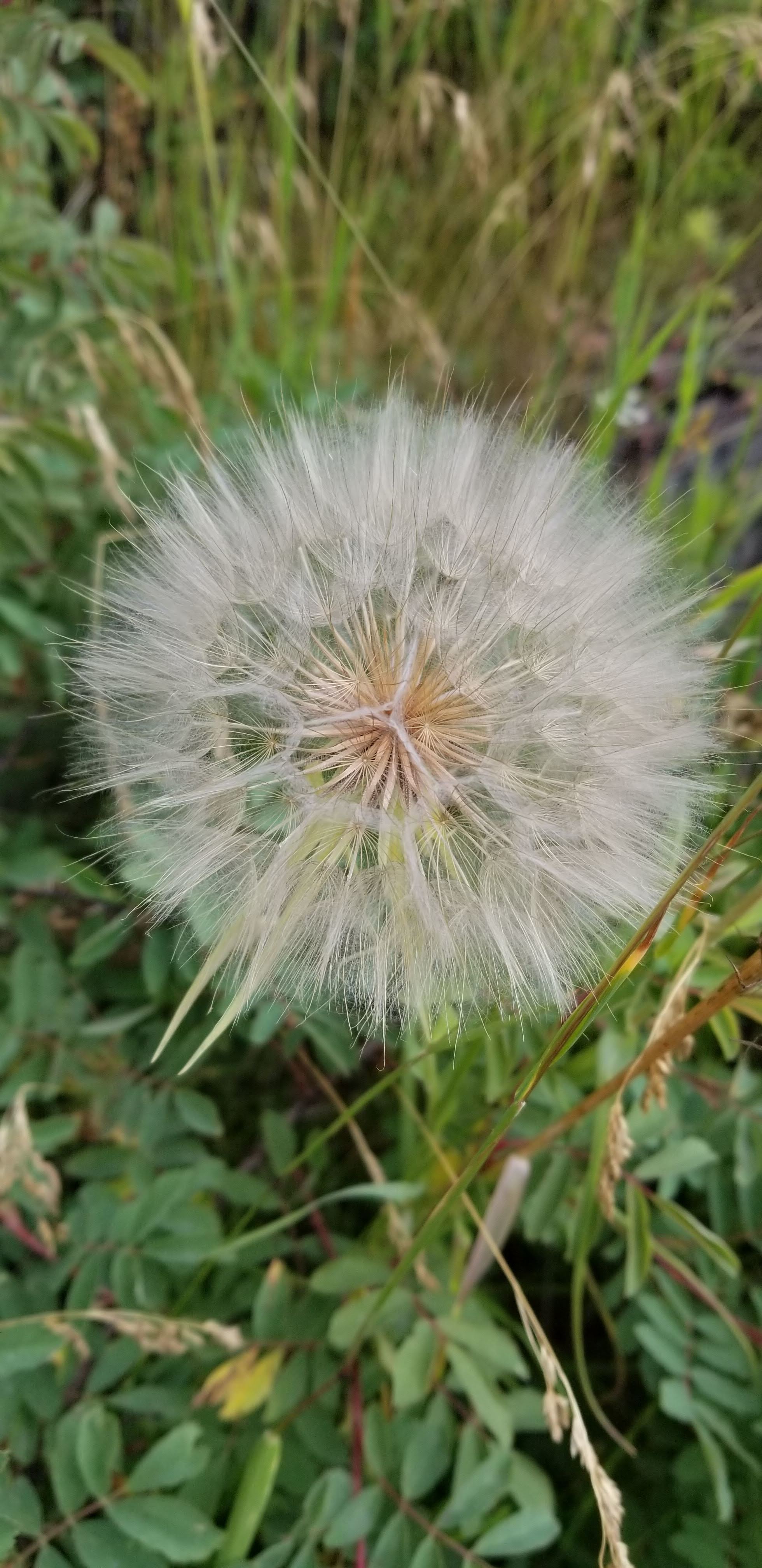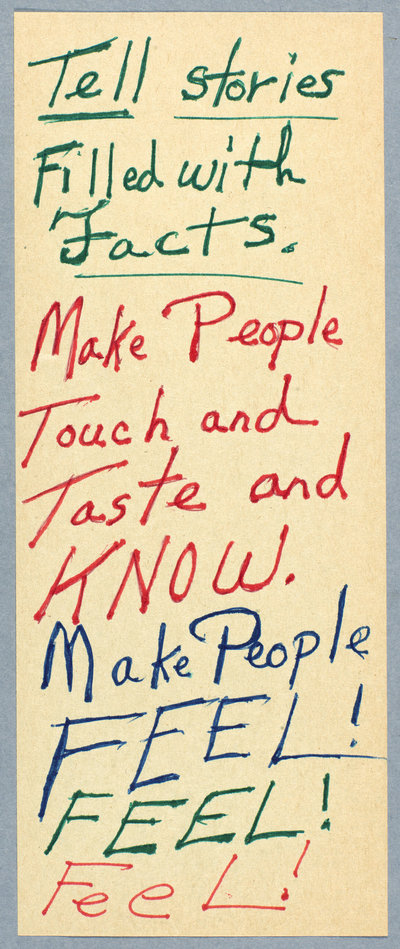Come by for an evening discussion of politics, best scifi, and life updates. Daniel is on the job market and is wonderful. Janine is finishing up her first semester in Law School. Also, so many Savannah snuggles!
Shaz becomes a U.S. citizen
I became a U.S. citizen yesterday after living in the U.S. for ~20 years.
It was an emotional ceremony in Indianapolis Indiana with about 90 new citizens representing 48 different countries. The judge presiding over the ceremony discussed how important immigration was to our country and how that is truly what makes America great.
The first thing I did as a citizen yesterday was register to vote. So here is to voting in 2020!
Lovely visit to UMass Amherst
Visited my wonderful colleague Ezra Markowitz at UMass Amherst in the Department of Environmental Conservation. I got to learn about biodiversity and species conservation from many of their faculty. I loved meeting some phenomenal students working on behavior, policy, and climate change.
Also discovered that Amherst was home of poet Emily Dickinson!
Hope for the Future Lies in the Multitude
Sierra Magazine’s current issue is about gender, equity, and climate. I am honored to have had a great discussion on climate change, consumption, and hope with these three pioneering women: Katharine Wilkinson (VP at Project Drawdown), Sherri Mitchell (Indigenous rights activist) and Juliet Schor (Sociologist at Boston College). Here is the video footage of our conversation.
A breath..
in an ocean of information.
(Blue sky in Louisville, KY, Oct 2019)
Congrats to Labber Deidra Miniard!
Deidra presented our work, “A shared vision for a decarbonized future” at the Annual conference for the Indiana Academy of Social Sciences in Valparaiso, Indiana.
Deidra won first place in the poster competition. Congratulations, Deidra!
New internal grant - From the Environmental Resilience Institute (ERI)
Motivating climate change solutions in Indiana
Environmental Resilience Institute, funded by Indiana University’s Prepared for Environmental Change Grand Challenge initiative (2019 – 2021) PI with co-PI Landon Yoder (SPEA, IU) and co-PI Nathan Geiger (The Media School, IU). Budget: ~$87,000.
New work explores why "turning off the lights" remains such a sticky heuristic
When participants are asked how best to save energy in the home, the most frequent response since the 1980s has been “turning off the lights”. Here, we use an online survey (N=1,418) to investigate why turning off the lights persists as a modal response despite decades of energy education promoting far more effective behaviors. We find that participants explain their choice of turning off lights or replacing bulbs with different heuristics. Participants who choose turning off the lights state that energy savings occur when an appliance is completely turned off. Alternatively, those who pick replacing inefficient light bulbs state that far less energy can be used for a given task.
Huge congratulations to co-authors Daniel Lundberg (SPEA Alum, now at Indiana Finance Authority) and Janine Tang (IU Law School).
New work: Ad hominem attacks or do-gooder derogation?
We find strong evidence for the negative effects of behavior-advocacy inconsistency for both neighbors and experts, albeit much larger impacts for experts. We also find highly sustainable advocates were not more influential than somewhat sustainable ones—instead they were marginally worse. Overall, these results suggest that advocates, especially experts, are most credible and influential when they adopt many sustainable behaviors in their day-to-day lives, so long as they are not seen as too extreme
New work: Simple interventions can correct misperceptions of home energy use
New paper in Nature Energy with Tyler Marghetis and David Landy. We test two simple interventions to improve perceptions and understanding of home appliance energy use.
Hello from Yellowstone National Park!
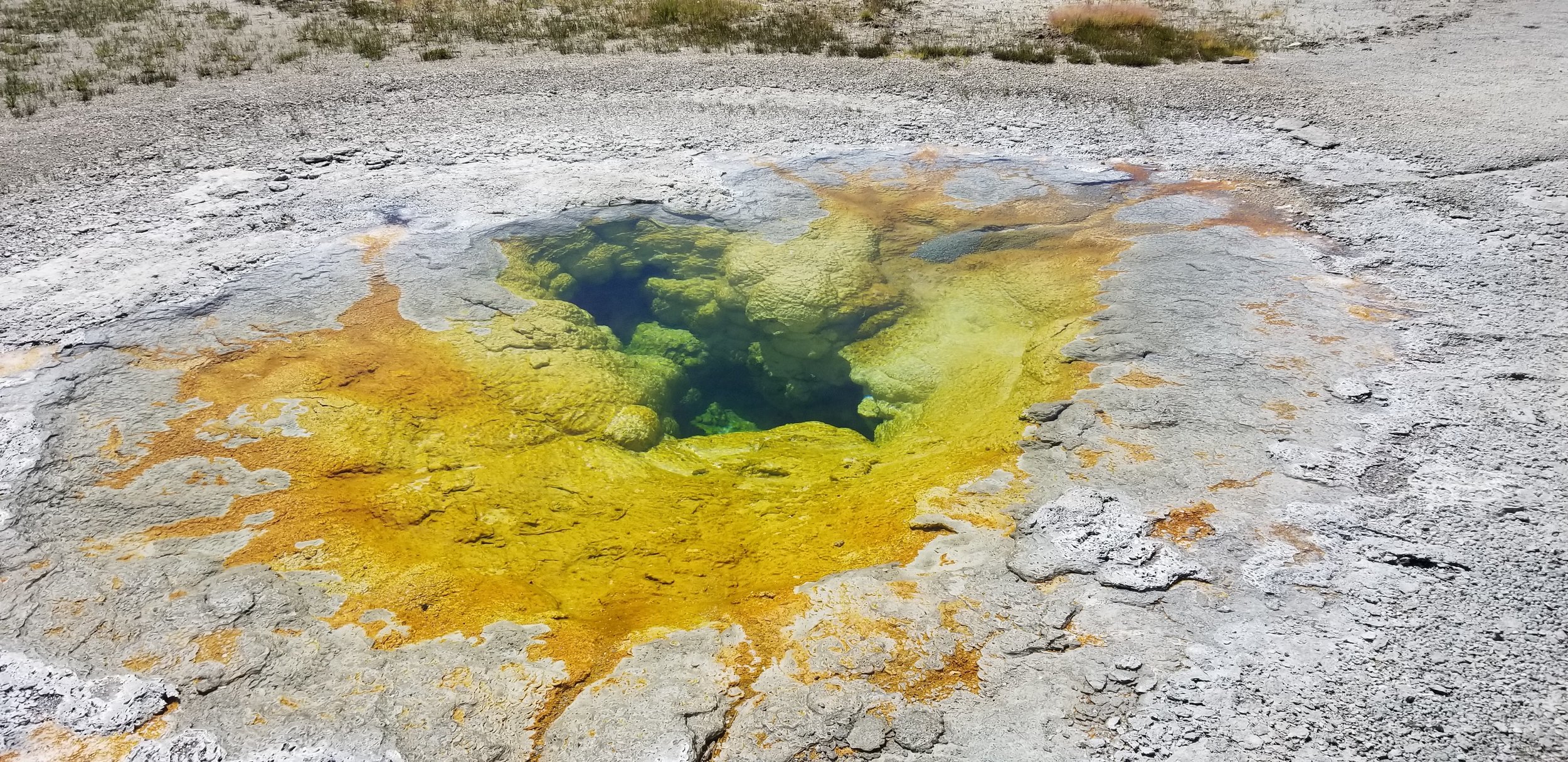
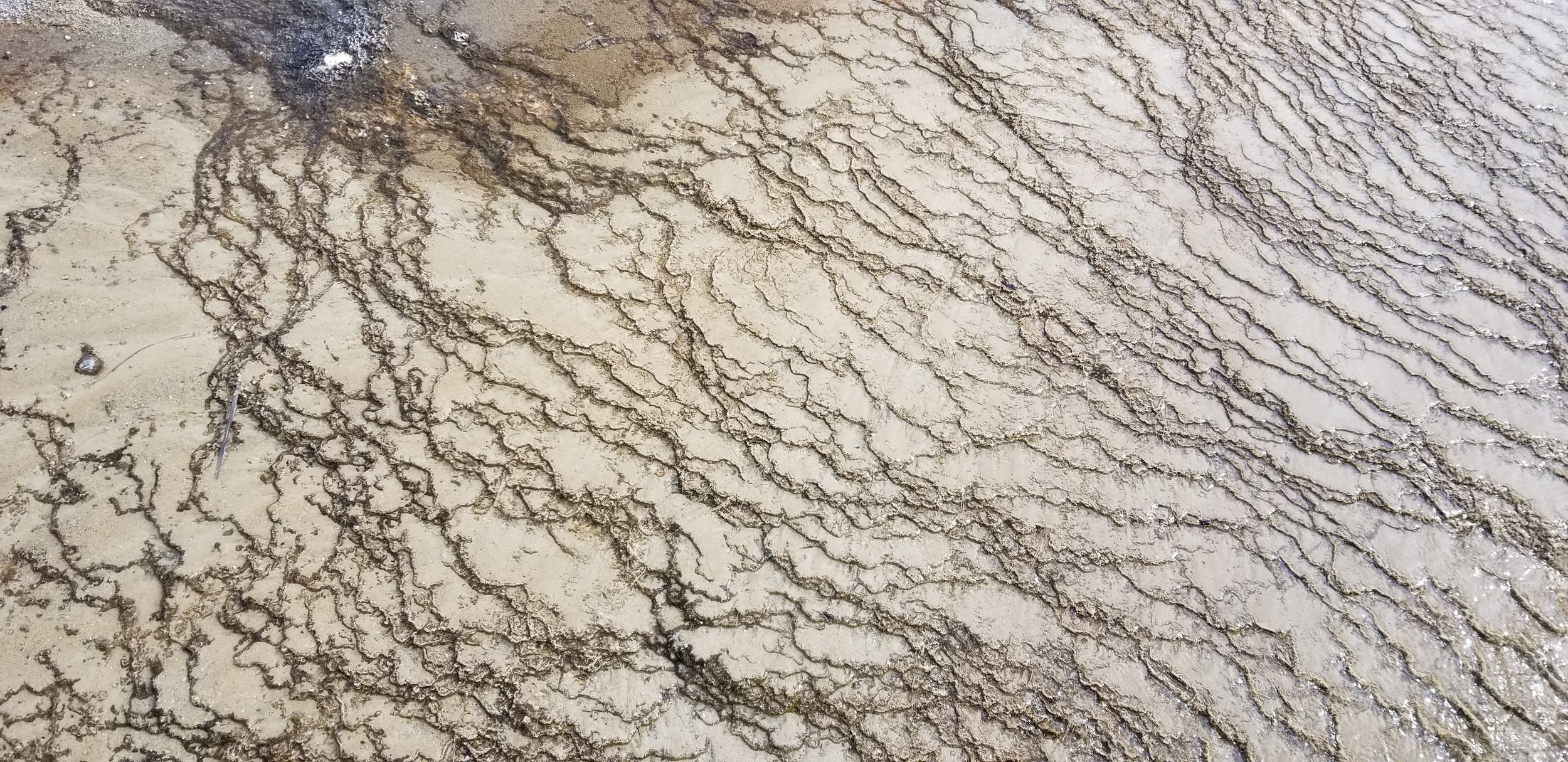
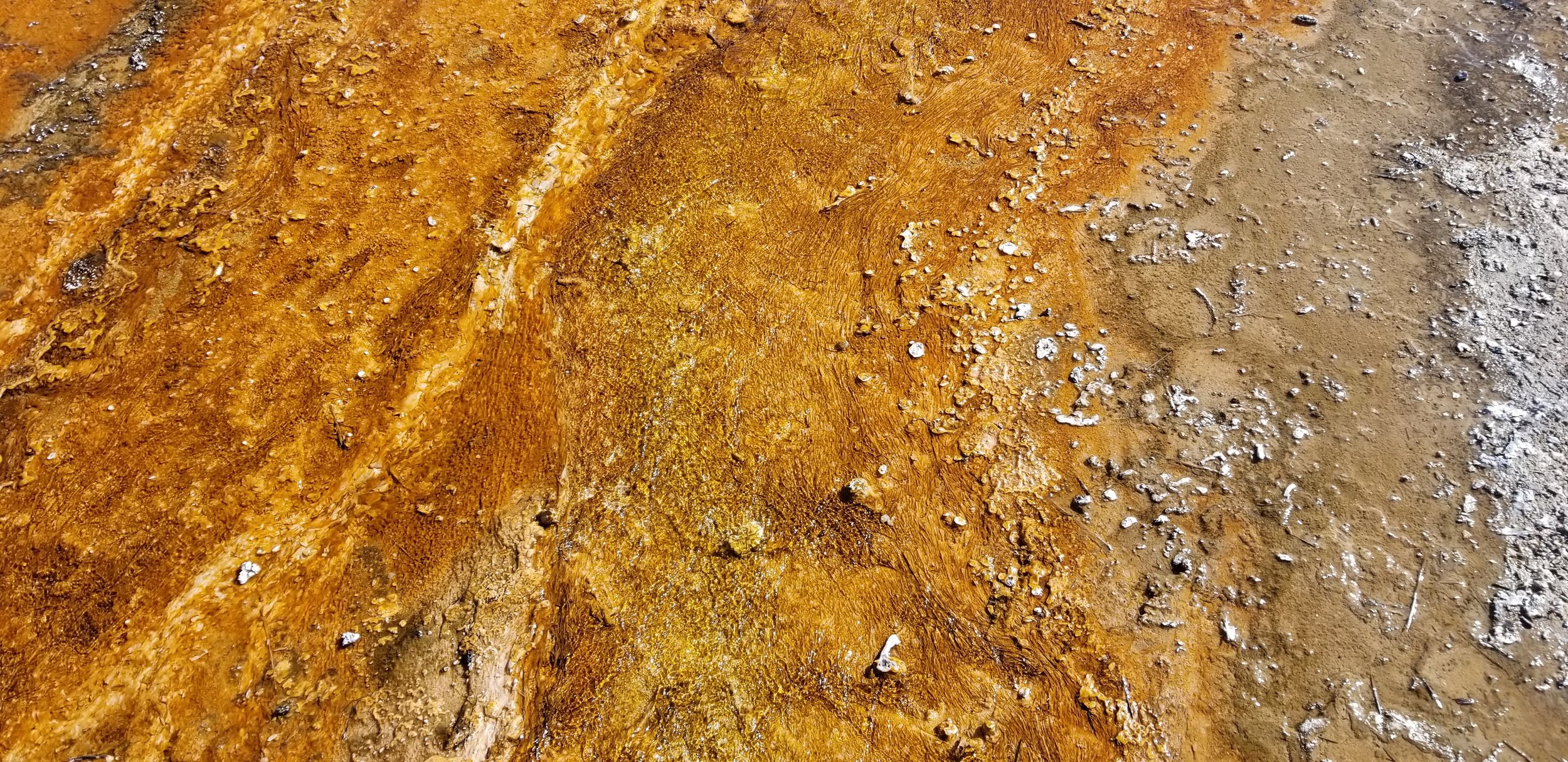
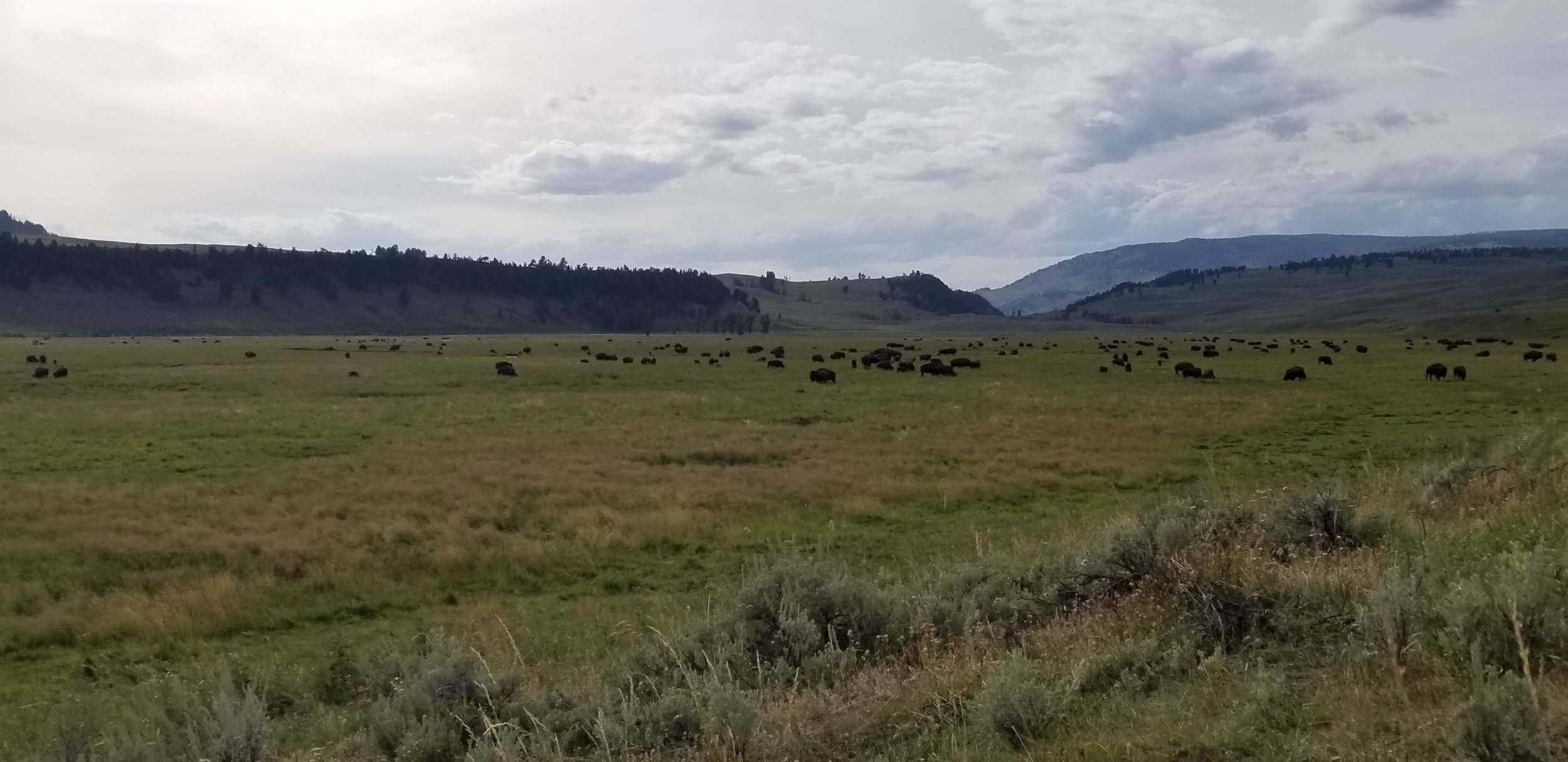
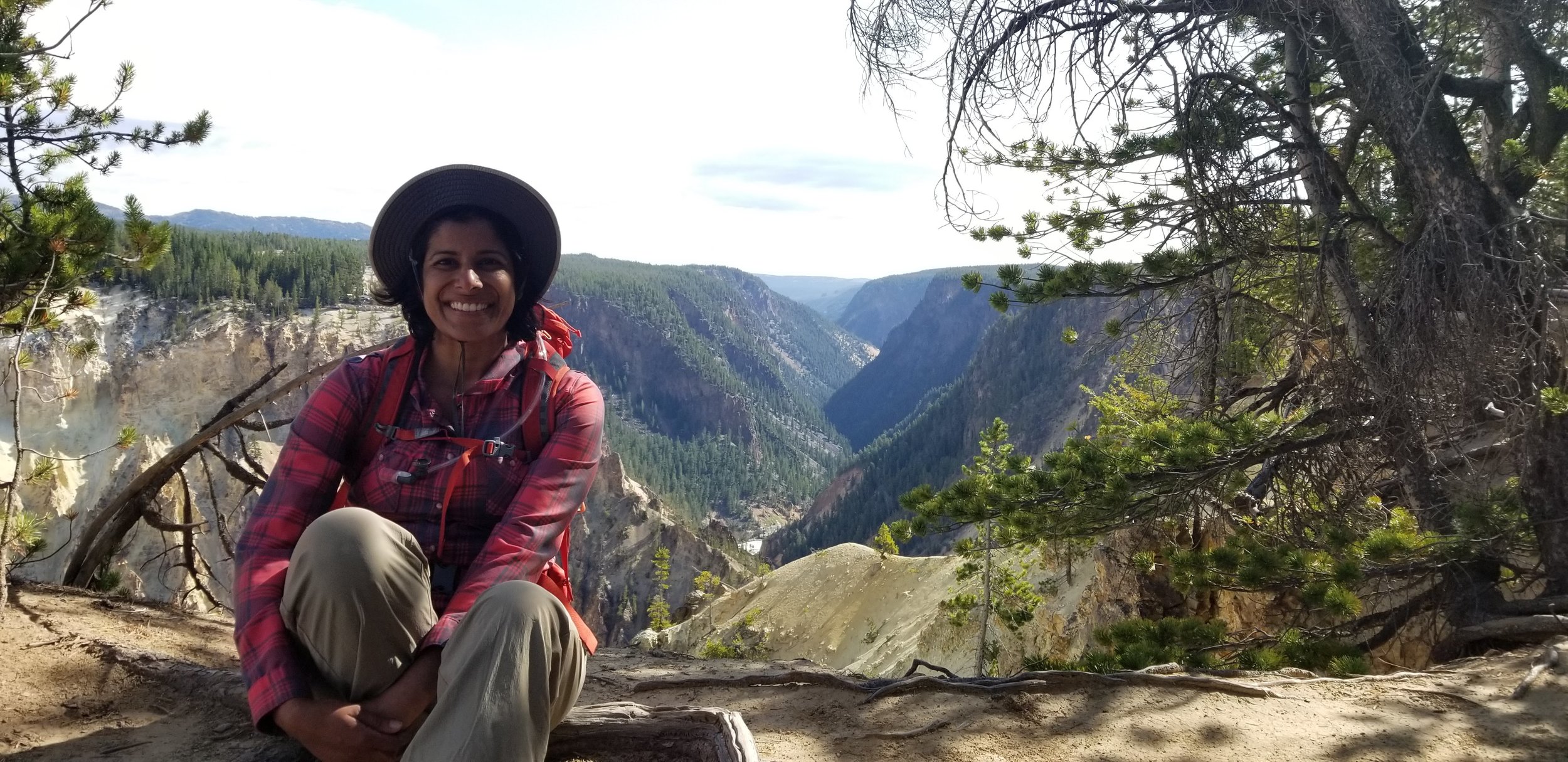
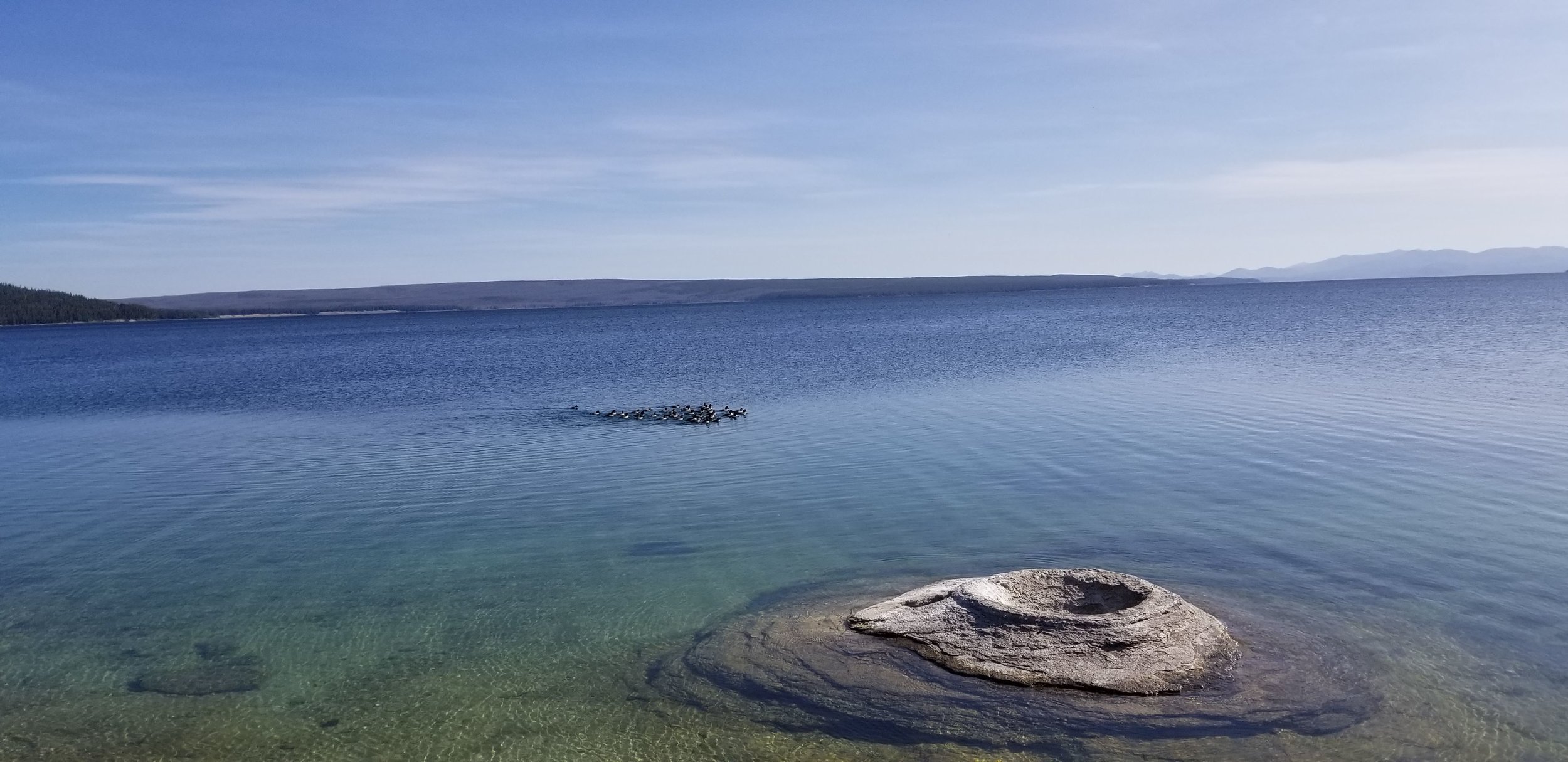
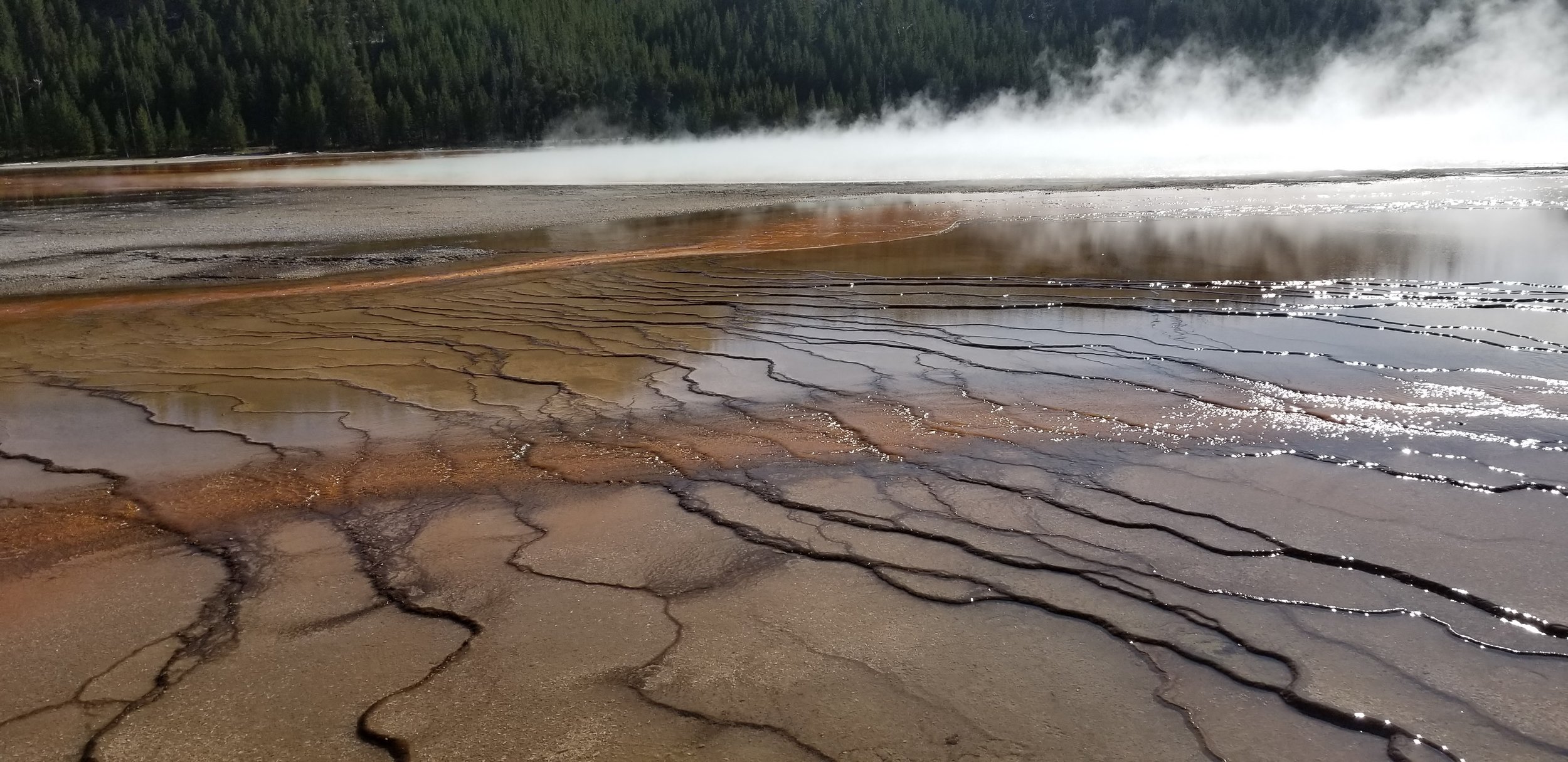
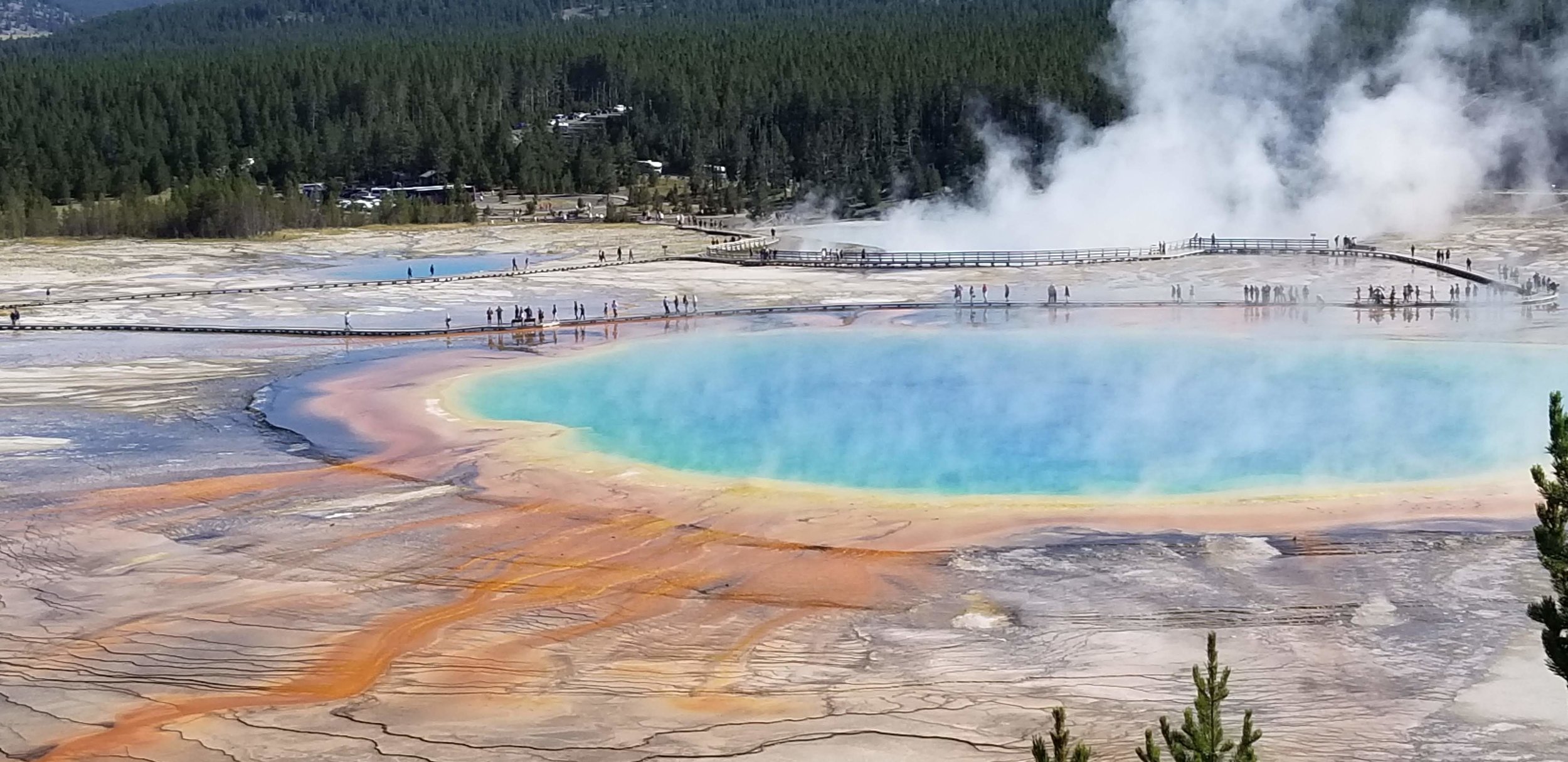
A phenomenal soul-refreshing trip out west to see nature’s wonders in Yellowstone National Park. Brightly colored and tantalizing geysers, exploding steam and smelling of sulphur, crossed our path. I got to see grizzly and black bears, and fields of bison across the landscape. Hope you get to visit.
On happiness and self-care
Working on climate change and behavior (both personal and political) is emotionally and intellectually challenging. Our community (and academia) rarely talks about self-care. It is so important, and I try to emphasize it for my team and myself as much as possible. Here is a picture of our lab mascot, Savannah, starting a 11-mile hike in McCormick's Creek State Park in Bloomington Indiana this past Saturday. This is what happiness looks like to me. What does it look like to you?
Resources Radio
Wonderful discussion with Daniel Raimi about our new paper on credibility and climate communication + a discussion of how stories can change us (my Andrew Carnegie Fellowship project on imagining the future to motivate action and policy support for climate change).
"Educating for Environmental Change" Teacher's Workshop
Joe and Deidra present our research on how people imagine the future energy mix in the U.S. at a hands-on workshop for 40 teachers from across Indiana from both elementary (K-6) and secondary (7-12) schools. Our work is funded by the National Science Foundation - Decision, Risk, and Management Science (DRMS).
Visiting Dave Krantz and reading Octavia Butler
Dave gifted me Lilith’s Brood by Octavia Butler, and I am falling in love with the worlds she creates. Words to live by: To use stories to make people FEEL!
Shaz, Dave, and Becca in Nashville TN June 2019
Lab retreat
All day lab retreat - thinking, eating, hiking…repeat :)
A great day in Bloomington and a wonderful hike (although too many ticks!).
Joe, Shaz and Deidra with Lake Monroe behind us. Savannah loving on Deidra below 🐾
Baby turtle on our trail
New paper out: Climate change communicators’ carbon footprints affect their audience’s policy support
Our new paper is out in Climatic Change, co-authored with (the amazing and wonderful) David Krantz (Columbia University) and Elke Weber (Princeton University).
We find that people are more likely to support decarbonization policies if the advocate for the policies have a low carbon footprint. We also find that the negative effects of a large carbon footprint on credibility are greatly reduced if the communicator reforms their behavior by reducing their personal carbon footprints.
You can find the paper here https://rdcu.be/bEdkL and the accompanying data and supplemental files on our publication page.
BE.Hive: Climate Change Needs Behavior Change - RARE & National Geographic
At the BE.Hive: Climate Change Needs Behavior Change summit, you will learn about the latest academic insights from behavior science, get inspired by the world’s leading environmentalists, be ignited by artists, storytellers and explorers, and identify some of the greatest opportunities for shifting human behavior to reduce greenhouse gas emissions. Looking forward to presenting and learning at NatGeo! March 19, 2019, 9:00 am – 5:00 pm; National Geographic, Washington DC
Congrats to Kurt and Noemi!
Huge congratulations to Kurt Waldman (Geography, Indiana U.) and Noemi Vergopolan (Civil and Environmental Engineering, Princeton U.) for our new paper - “Cognitive biases about climate variability in smallholder farming systems in Zambia” (In press at Weather, Climate and Society).
We compare farmer’s perceptions of rainfall onset with satellite-gauge-derived rainfall data and hyper-resolution soil moisture estimates. We find that farmers perceive that rains are arriving later than they are and that farmers rely on heuristics about rainy season onset to decide on when to plant maize.
Janine visits us from China
Lab alum Janine Tang visits SPEA from China, where she has been studying and interning for her senior year. She will be headed to law school this fall. Always a pleasure to see what our amazing alums are up to..












